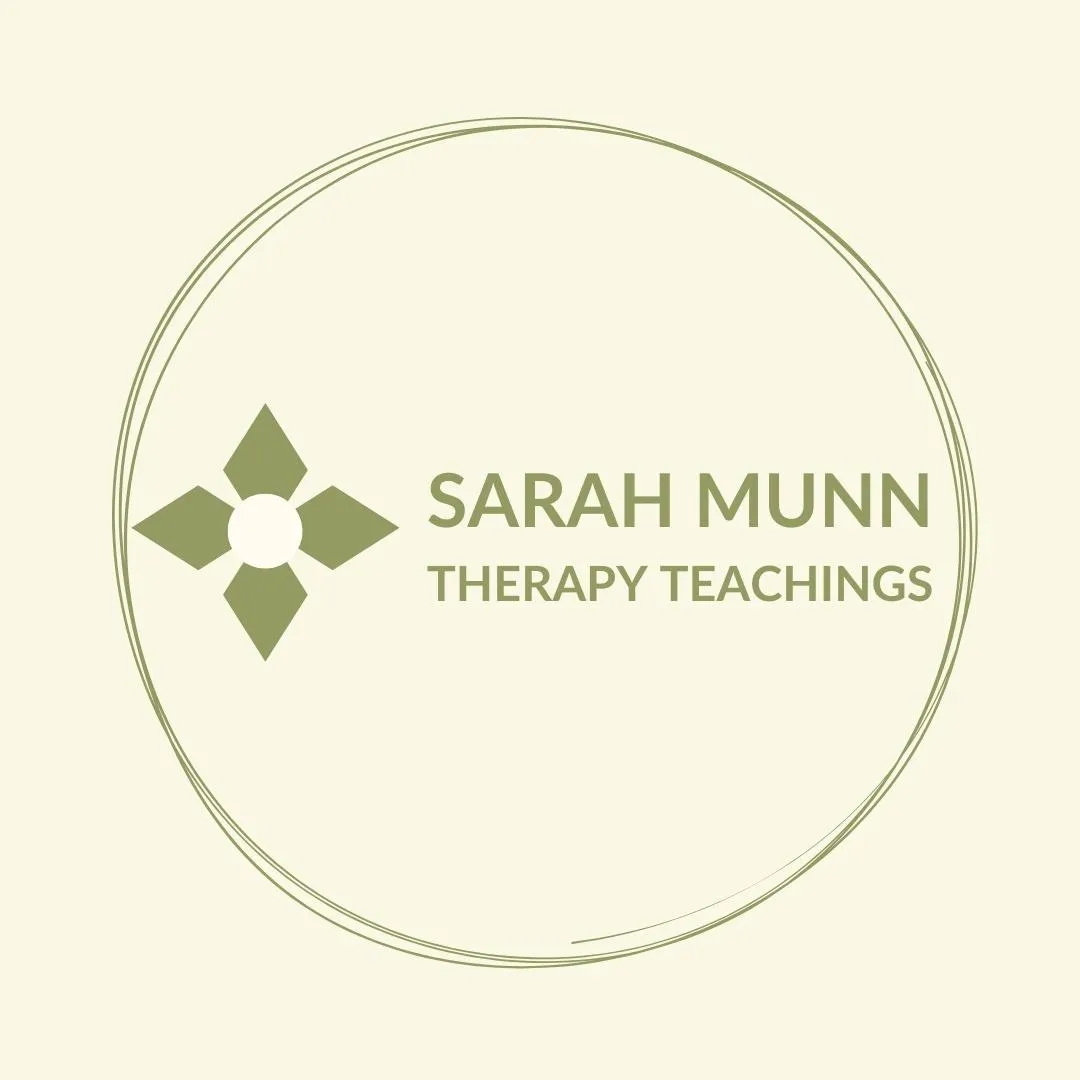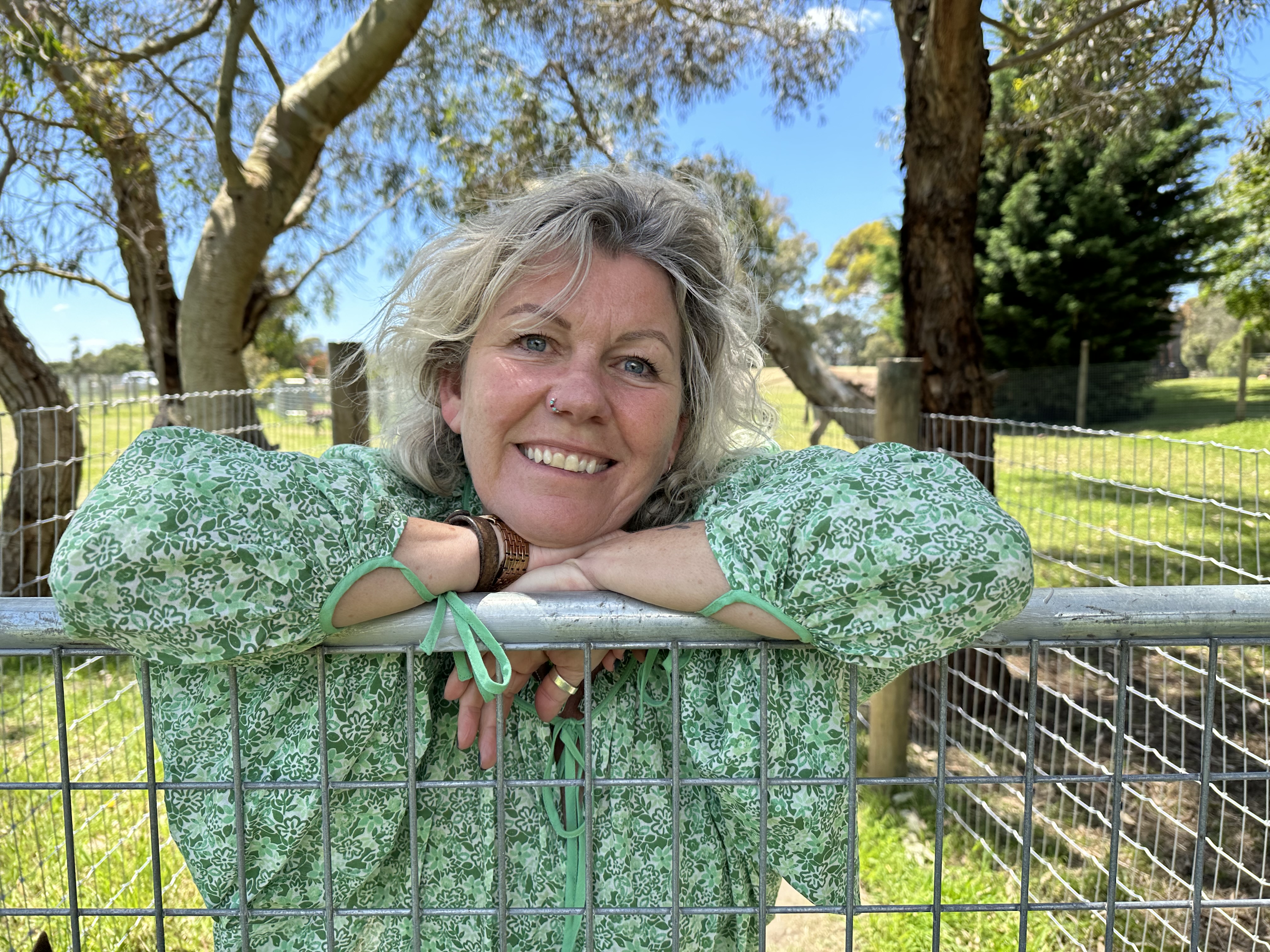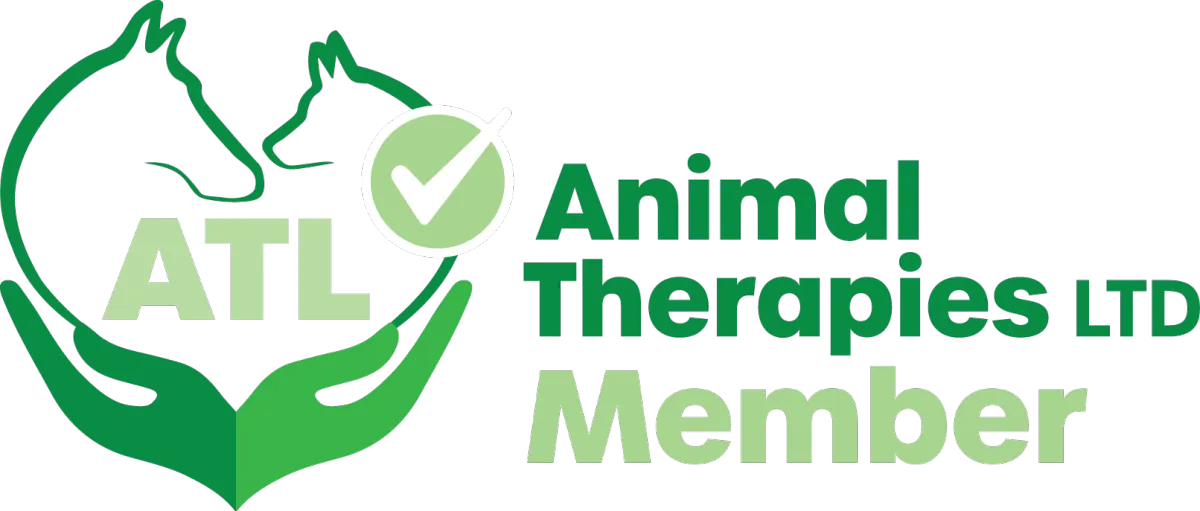Parent Resources
BLOGS
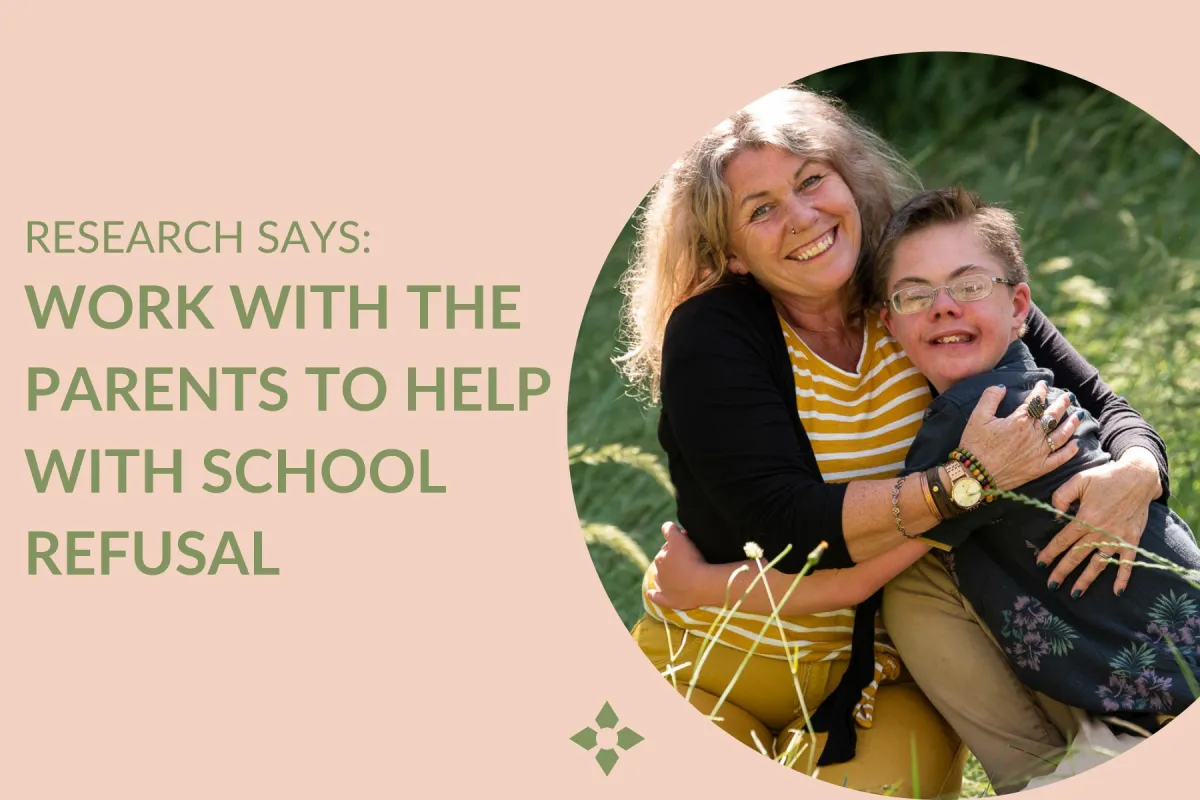
Research Says: Work With The Parents To Help With School Refusal
“Can I start by saying, I really dislike that term - school refusal. It has such a negative connotation as if the child is a stubborn mule or has behavioural issues meaning they don’t, simply don’t want to go.” - Sarah Munn
Research Says - Work With The Parents To Help With School Refusal
Rethinking School Refusal
Can I start by saying, I really dislike that term - school refusal. It has such a negative connotation as if the child is a stubborn mule or has behavioural issues meaning they don’t, simply don’t want to go. It is not the same as truancy after all. Often the reality is kids feel they can’t go, we see they don’t have the skills, or they just get an overwhelming feeling of anxiety about going to school. Even if they have said they’d really like to go. Working on executive function and friendships and any learning difficulties, does of course, help. But it is a complex phenomena which can be impacted by home or school. Or both together.
The Reality of School-Can’t: More Than a Label
Whatever we call it; school refusal, school-can’t, or school phobia, it is clear that this is on the increase and can be very stressful for families, not to mention a traumatic period of time for the kids. Children can often seem to change their minds. They want to go, but then they don’t take the steps to get there. Or they refuse to go, leaving you with a back catalogue of unsuccessful attempts which have often made things worse. School staff throw up their hands, parents can often feel judged, or end up judging the school. Even with the best of intentions to work together this is a sensitive concern with different agendas often running at the same time.
School-can’t (as I’m going to call it today), is very different from choosing to un-school, home school or to access remote learning or dual enrolment. And it is an area which requires a collaborated approach across the various supports, with strategies for the children, schools and families. As an OT, I have often been included in the team to grade the return to school with the child, in order to increase feelings of success and feelings of safety. We want the child to say ‘I can.’ And if they really don’ think they can, then options must be reviewed objectively.
Navigating the Impact on Families and Children
I have always loved working with the children, but the value for me now is working with the parents. It isn’t as simple as the child doesn’t want to go. Anxiety has a contagious effect in these situations and you can easily find yourself contemplating the chicken and the egg, and where your feelings finish and theirs begin. Parents often are consumed by guilt that it is somehow their fault.
Shifting the Focus: Working Together with the Parents
Recent (post covid) research has found that it is essential to work with parents to be able to manage the epidemic of school-can’t situations. This is such a hugely growing area I have devoted some time to building resources for parents, for both individuals and couples. And what I have learned is the internal resources are the most effective. Those things that move to change the parent for the better and to support them emotionally. We can’t only focus on the change in the child. Evidence Based Practice at its best says work with the parents.
Tailoring Support for Parents
I hope our options and courses for parents make all the difference to children achieving their childhood goals and getting an education which can include social participation (if they want it) and a safe learning environment where they can be challenged, be resilient and also be seen, heard and supported for being who they are. And I want to know, who are the parents? What do they need? How can I help? Let me know what resources, courses and workshops you need and I can try and develop something to meet your needs. I want to help you love the life you have.
Sarah Munn teaches parents from her 30 years of OT with children, & lived experience of ND & trauma. Sarah provides professional supervision/courses.
BOOK REVIEWS
Hagitude by Sharon Blackie
One of my less evidence-based and more woo woo choices which I recommend to people who are in the depths of the despair we call peri-menopausal, or heading into the more mature years.
Hagitude talks of the wisdom and acceptance of older age as women, and tells the myths and stories that surround us. Often as mothers we have our kids with additional needs at home longer, or forever. And unlike other kids still hanging around at home into their thirties and moving in with their partners, even having babies, some of our kids won't do that. They may not work, or have a purposeful activity every day, they may not drive, or be independent at home.
In these circumstances, that quest for self, for the sense of identity that we lost, for the search and essence of who we are, this acceptance and finding oneself in the greying years can be a magical transformation.
And the story telling in this book is a helpful and interesting addition.
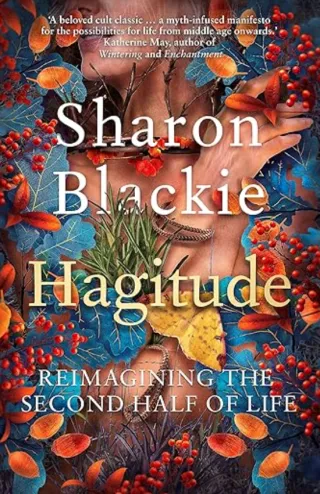
The Well Gardened Mind by Sue Stuart-Smith
This book is an intelligent review of the history of gardening. It has recollections of famous psychologists and artists and the affect that gardens, nature and gardening had on their lives.
From Freud to Winnicott these stories remind us of the inherent nature of gardening within the life of human beings, and the positive and mindful properties of beauty, flowers and the pant, grow, harvest and cycle.
Stuart-Smith takes us back to the first world war and the gardens built among the rubble of the trenches, and to the elderly who cling on to their window boxes and pots to stay present when there is not much time ahead of them.Her addition of photos including, ironically, Freud on his bed in the garden, provide a strong visual to the stories and accounts in the book.
I loved this book for its inspiration to remember that gardening is intrinsically mindful and meditative. There are great examples of garden design which I can include when we make our gardens at the new farm.
I want to create safe spaces where people can feel both safe, protected and free, and Stuart-Smith provides good impetus for this. I want to create spaces where mindfulness will be easier, and where we can engage in activities which allow us to be present. Personally this book reminded me to get outside and get dirt under my finger nails.
A great benefit for me on days when I find meditation difficult due to dissociation which I sometimes experience. I will certainly get my boys in the garden for mindfulness as much as I can. As they get older their interest in my ideas is fading and their own passions take over. But this book reminded me to persist with having them gardening, however dorky and boring they may find it.
Because this is sometimes more accessible than a seated meditation.
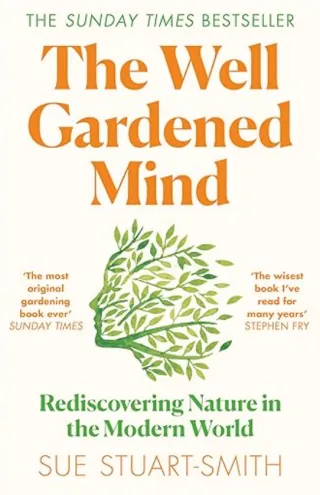
Letting Go - The Pathway of Surrender by David R. Hawkins M.D., Ph.D.
This is a big book in so many ways. It is often referenced, packed with ‘aha’ moments and one of the cornerstones of this kind of modern thinking into our own process of letting go.
If you are working on letting feelings come up, noticing them, not judging them, and learning to let them go, then this is a good addition to your reading list.
Some parts I was a bit, ‘yes I already know this’, but then I would find myself thinking ‘Oh Gosh, that’s me, I can do that differently and get a more peaceful result.’
Well worth practicing these techniques if this kind of thinking suits your mindset. I would be surprised if many people didn’t take something away from this book. But it is long and maybe a good one for an audiobook road trip.
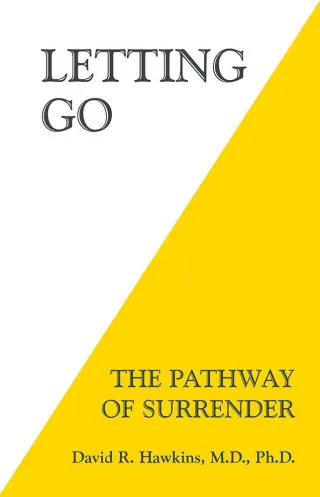
The Language of Archetypes by Caroline Myss
I loved romping through this 12 hour audiobook packed full of archetypes, mystery and magic. Not to mention historical characters, Queens and Goddesses, I now recognise as part of who I am.
If you like pure evidence-based, scientific information this definitely is not for you!But if you don’t mind suspending disbelief a bit, it is quite entertaining and is delivered in the form of her live workshops. Archetypes date back to Plato and were popularised in psychology by Carl Jung.
Caroline adds some modernisation to it all by extending beyond Jung’s 4 and 12, but I wonder if it waters down the pure form too much. Caroline has a quirky manner which is very straight forward.I love her and think it’s hilarious. A touch of that autistic witchy no-nonsense about her.
I can imagine she would irritate some people though.If you want to find out if she is for you she has a lot of short YouTube videos on archetypes you can start off with. I loved it, but I also took it with a pinch of curios, comedic salt.
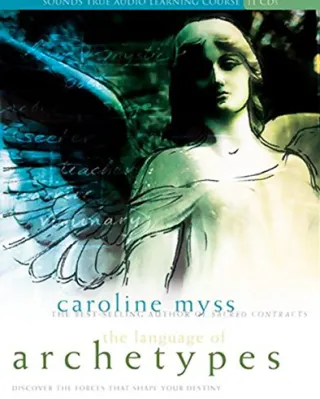
Acknowledgement to Country
We Respect and Acknowledge the Traditional Custodians of Country throughout Australia and their connections to the land, sea and community, and recognise the land on which we work is home to the Bunurong / Boon Wurrung members of the Kulin Nation. We pay our respects to all Elders past, present & future.
We meet the required standards for Insurance and Education.
Farm:
Gadara Farm
470 Boneo Road
Boneo, Vic 3939
Clinic:
Barefoot Therapists
1/16 Henry Wilson Drive
Rosebud Vic 3939
(03) 5981 1120
Sarah Munn Therapy Teachings
ABN 62307340650
Connect with us
We'd love to connect with you on Facebook or Instagram.
